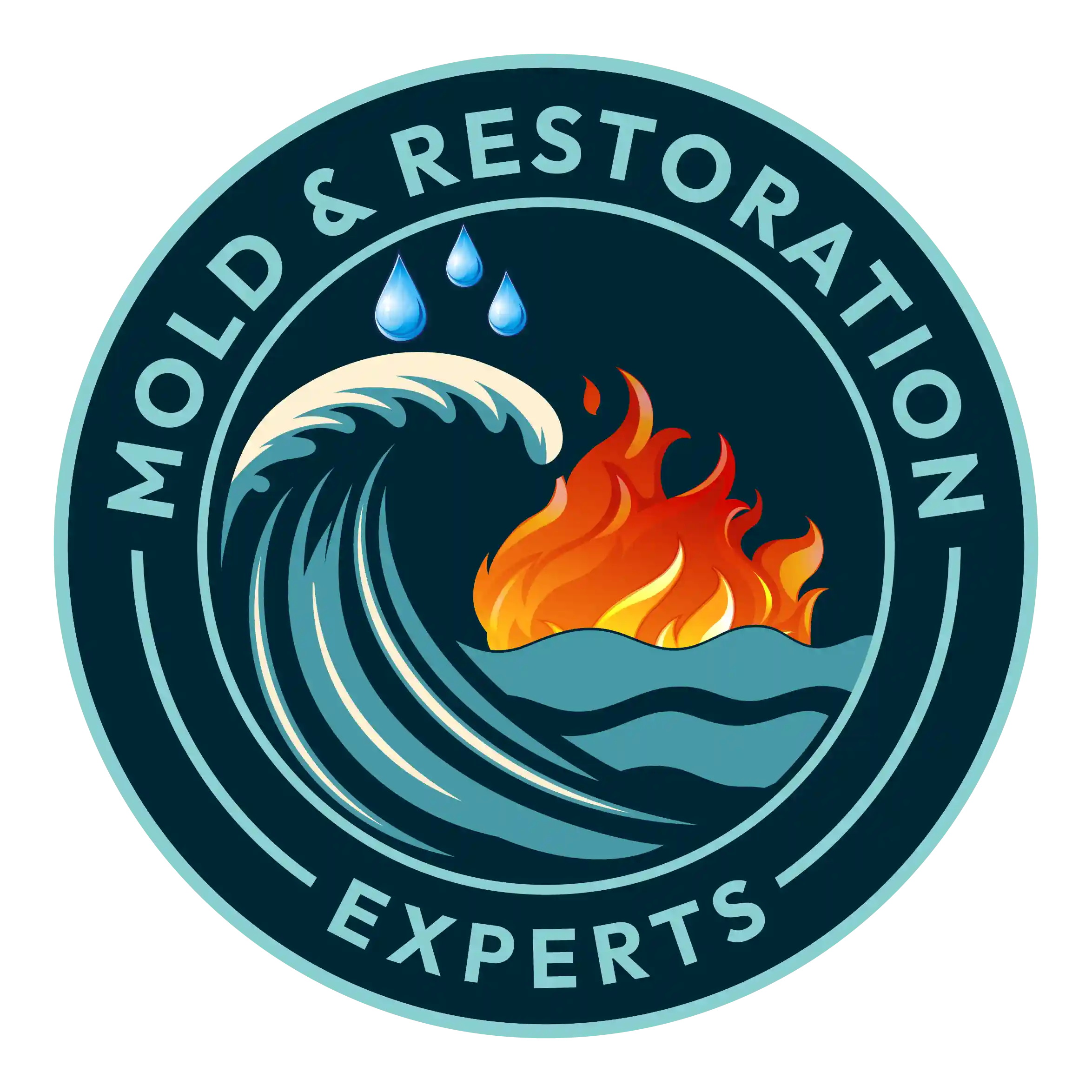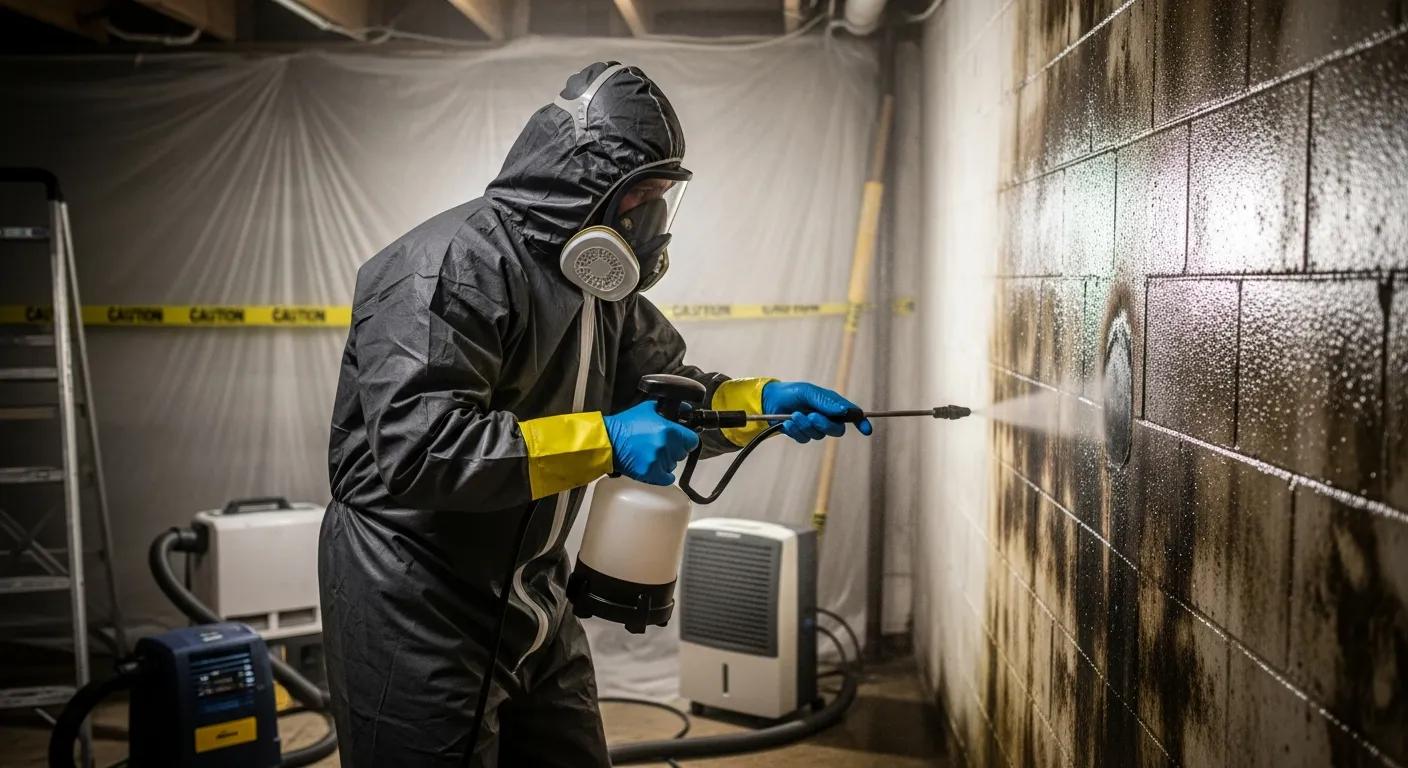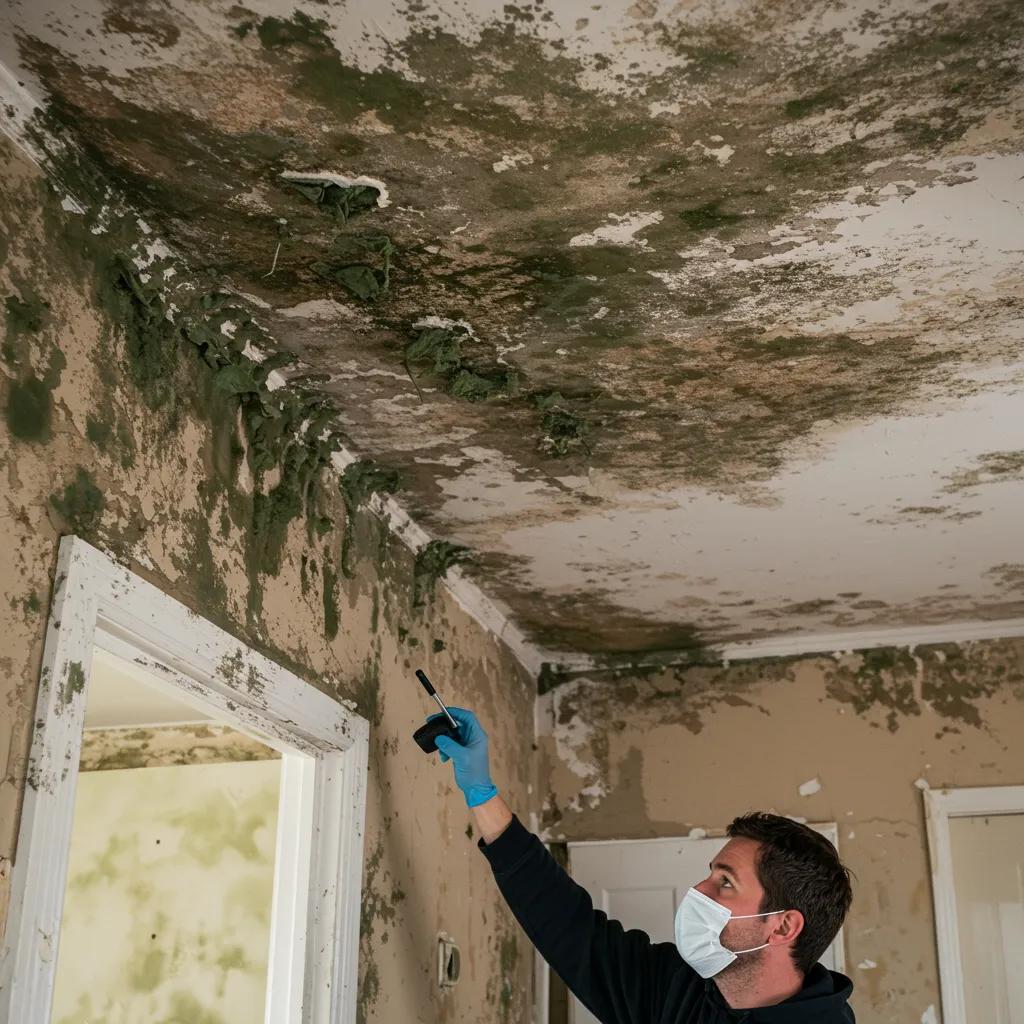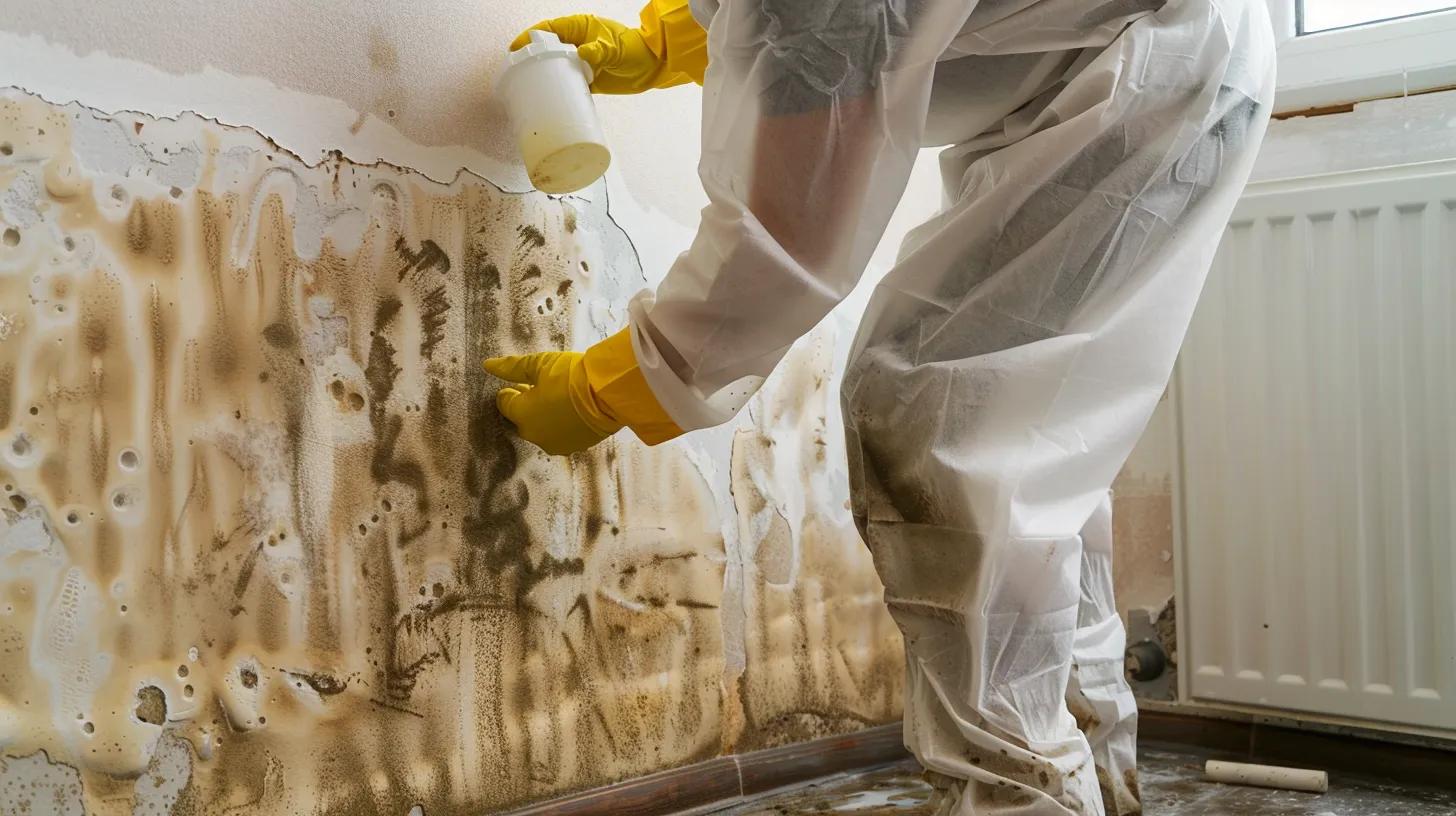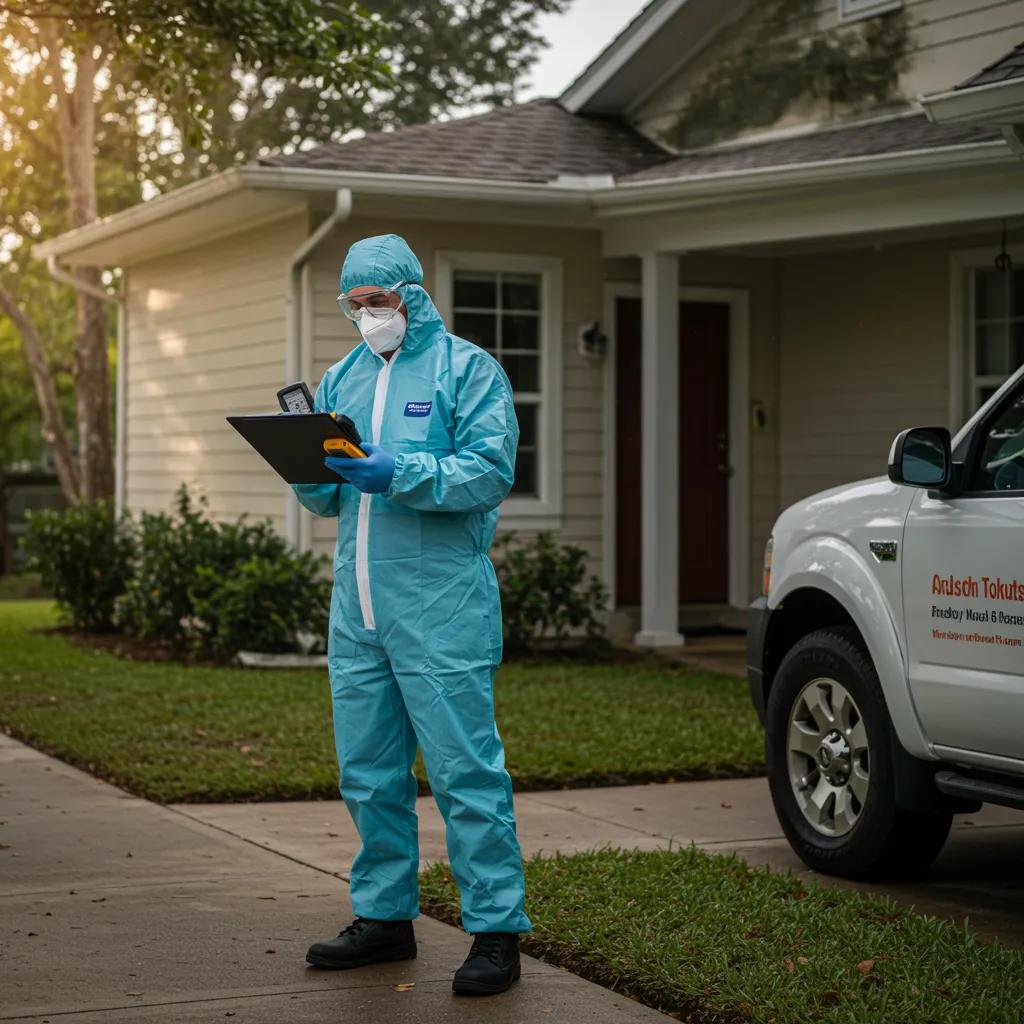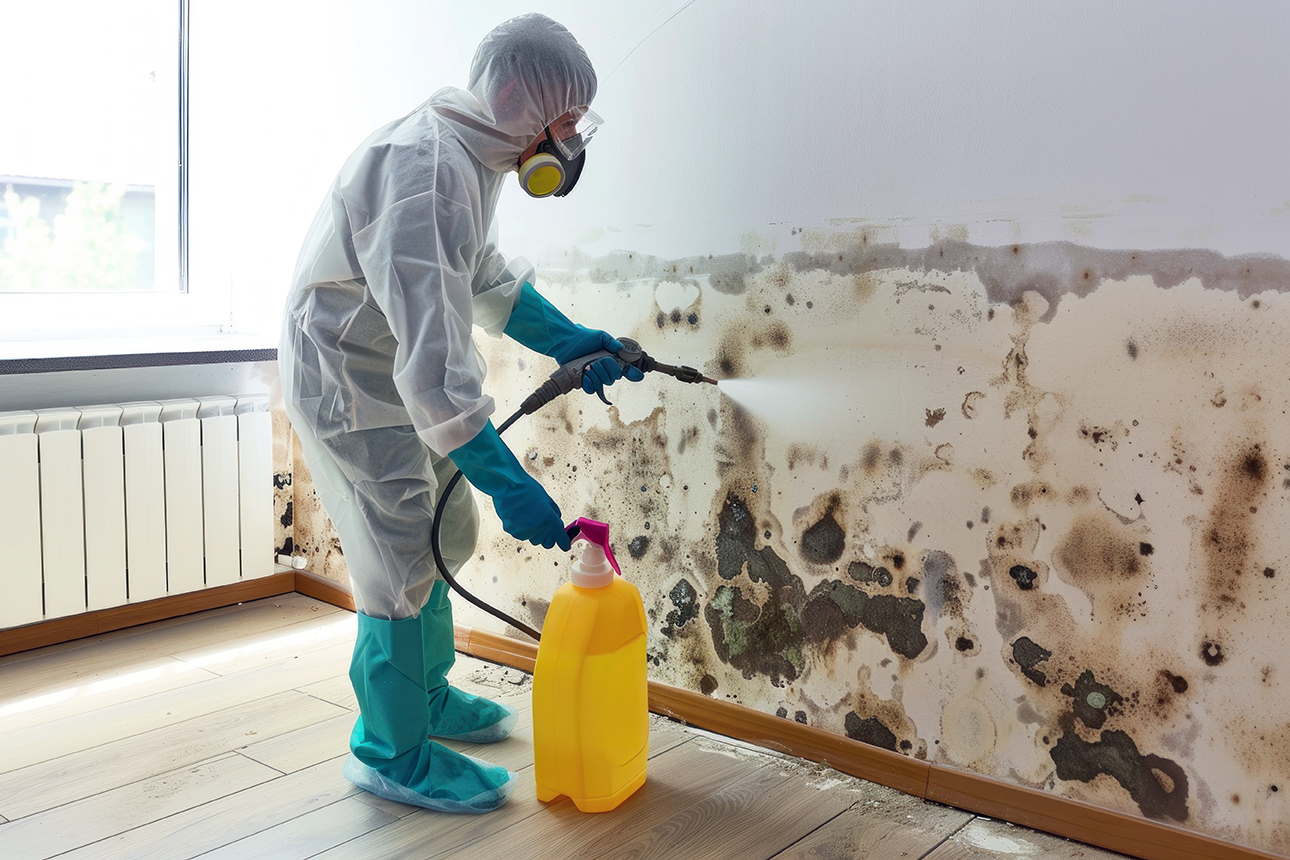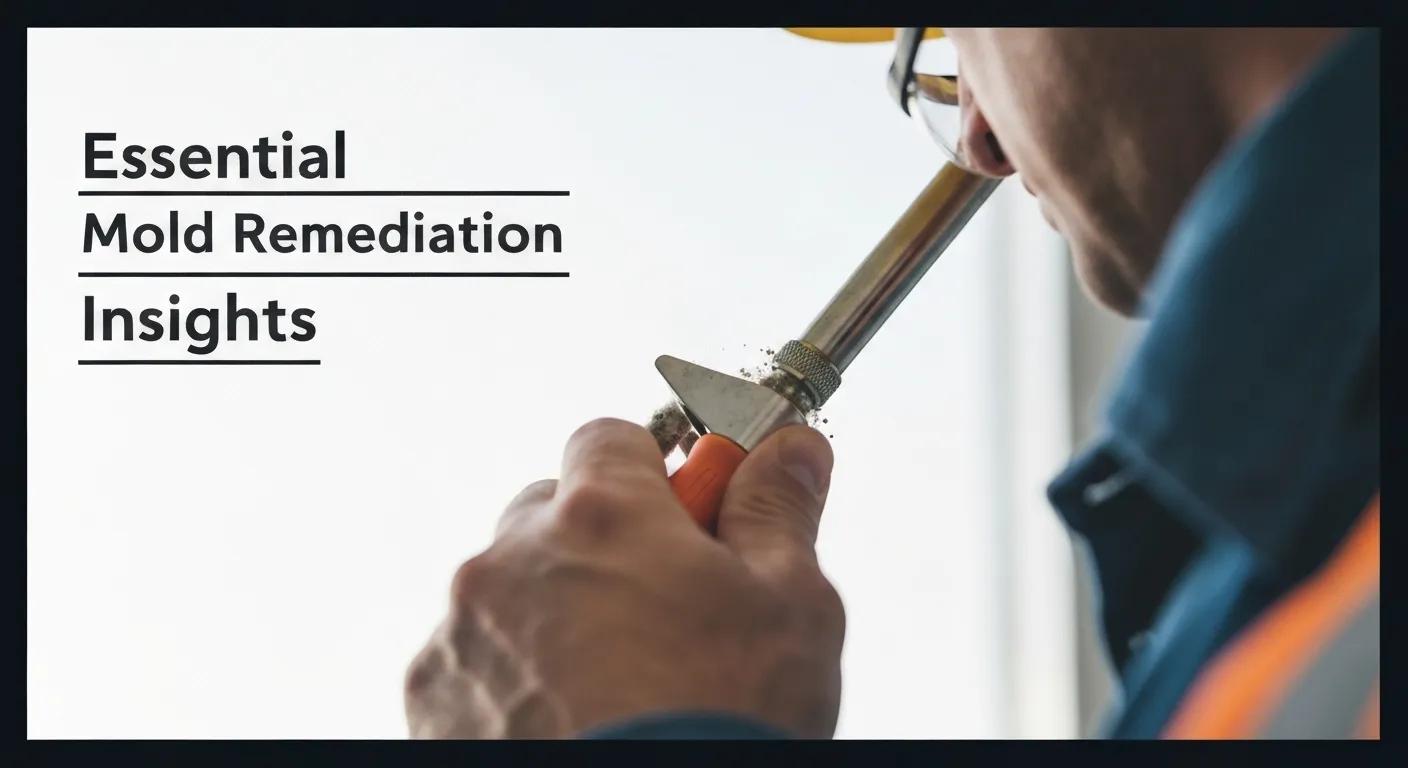Top Indicators You Must Call Mold Remediation Experts Now

The most common signs of mold in your home are visible mold patches, discoloration on walls or ceilings, noticeable odors, and signs of water damage. Recognizing these early indicators may prompt timely mold-remediation, ensuring that professional intervention helps prevent further harm.
What Are the Most Common Signs of Mold in Your Home?
How to Recognize Visible Mold Growth and Discoloration
Visible mold usually appears as black, green, white, or other colored patches on walls, ceilings, or surfaces where moisture is common, such as bathrooms, basements, and kitchens. Small clusters can merge over time if moisture persists, and discoloration or water stains may hint at hidden mold behind surfaces. Monitoring any sudden changes in color or texture is key to early detection and timely professional intervention.
What Are the Typical Musty or Earthy Odors Indicating Mold?
A persistent musty or earthy odor is a frequent indicator of mold. Unlike normal household smells, mold odors are deep, damp, and remain even in a clean room. They result from microbial volatile organic compounds (MVOCs) released by mold as it breaks down organic material. You can learn more about mold restoration from experts in the field.
How Does Water Damage Signal Potential Mold Problems?
Water damage creates the moist environment that mold needs to thrive. Leaks, roof drips, flooding, or condensation often lead to visible water stains, peeling paint, warped drywall, and bubbling ceilings. These signs not only reveal excess moisture but may also indicate hidden mold growth. Even a small increase in humidity can boost mold proliferation, so addressing water issues immediately is crucial to prevent further damage and more costly repairs later on.
What Are the Signs of Mold-Related Structural Damage in Your Home?
Mold can cause structural damage by deteriorating building materials and weakening the integrity of walls, wood, and other structural components. Early recognition of these signs can help avoid costly repairs and preserve property value.
How Does Mold Affect Wood, Drywall, and Other Building Materials?
Mold’s presence can lead to decay and rotting in wood and can cause discoloration, crumbling, and weakening of drywall. Continuous exposure to moisture and mold degrades the durability of building materials, eventually rendering them unsafe and in need of repair or replacement. Regular inspections of crawl spaces, attics, and basements help catch early signs of such damage.
When Is Water Damage Restoration Needed Alongside Mold Remediation?
Simply removing mold is not sufficient if water damage is underlying the problem. Addressing the source—by repairing leaks, fully drying affected areas, and sometimes replacing damaged materials—is essential for preventing future mold outbreaks. Professional restoration experts use advanced drying and moisture mapping techniques to ensure that all affected areas are treated properly, combining water damage restoration with mold remediation effectively.
How Can You Detect Mold Hidden Behind Walls or Under Floors?
Mold can hide behind walls, under floors, or within HVAC systems, often escaping casual observation until it has caused significant damage. Detecting it early requires careful methods and sometimes professional tools.
What Are the Best Mold Detection Methods for Homeowners?
Homeowners can begin with visual inspections for water damage, bulging surfaces, or staining. Tools like moisture meters help identify damp spots, while thermal imaging cameras reveal concealed moisture behind walls or under floors. Air sampling tests can measure the concentration of mold spores indoors, confirming the presence of hidden mold. Using a combination of these methods improves detection and helps guide necessary remediation efforts.
How Does Air Quality Testing Help Identify Mold Presence?
Air quality tests evaluate airborne mold spore levels and often compare indoor counts with outdoor levels. Elevated indoor counts suggest active mold growth, even if no visible signs are present. These tests help pinpoint affected areas and inform targeted remediation efforts, ensuring that mold is removed completely and that indoor air quality is restored.
How Do You Differentiate Mold Symptoms From Other Household Issues?
Mold symptoms can be confused with those caused by dust, pet dander, or chemical odors. Differentiating them is important to apply the correct remediation methods and address the real source of irritation.
What Other Causes Mimic Mold Odors and Stains?
Issues such as poor ventilation, water stains from leaky roofs, or even chemical spills may mimic mold symptoms. Musty odors can stem from stagnant air or old, moisture-absorbing carpets, while similar stains might be due to rust or water damage rather than mold. Laboratory testing of surface samples and air quality assessments can help clarify whether mold is in fact the underlying issue, preventing unnecessary remediation measures.
How Can You Confirm Mold Is the Root Cause of Health Symptoms?
A comprehensive investigation is needed to confirm mold as the source of health symptoms. This process may include air quality tests, surface sampling, and consultations with healthcare professionals.
What Health Risks Indicate Immediate Mold Remediation Is Needed?
Mold exposure can lead to significant health issues ranging from allergic reactions to severe respiratory problems. This risk is higher for vulnerable groups such as children, the elderly, and those with weakened immune systems. When health symptoms appear, prompt mold remediation is essential to improve indoor air quality and safeguard well-being.
Which Mold Exposure Symptoms Affect Home Occupants?
Common symptoms include sneezing, coughing, nasal congestion, throat irritation, and eye irritation. In more severe cases—especially among individuals with asthma or chronic respiratory issues—mold exposure can cause wheezing, shortness of breath, or even asthma attacks. Fatigue, headaches, and skin rashes are also commonly reported. These symptoms are a natural response to irritants released by mold, so if they occur, homeowners should seek medical advice and inspect their home for mold.
When Should You Be Concerned About Allergies and Respiratory Issues?
Chronic nasal congestion, frequent asthma flare-ups, or unexplained respiratory distress may signal a hidden mold problem, especially in homes with a history of water damage or persistent humidity. Immediate remediation can help alleviate symptoms and stop the spread of mold spores.
How Can Mold Affect Vulnerable Individuals Differently?
Vulnerable individuals, such as young children, the elderly, and those who are immunocompromised, are at greater risk from mold exposure. Mold spores can trigger severe respiratory infections and systemic reactions in these populations. Prolonged exposure can sometimes lead to conditions like hypersensitivity pneumonitis or invasive fungal infections.
When Should You Call Mold Remediation Experts Immediately?
Immediate professional help is required when there are clear signs of extensive mold growth, persistent health issues, or structural damage indicating a significant mold infestation. Early intervention by mold removal experts prevents further mold spread and protects both health and property value.
What Are the Urgent Signs That Require Professional Mold Removal?
Signs that demand professional attention include large areas of visible mold, persistent mold odors, ongoing water leaks, and repeated dampness. For instance, if more than 10% of a room’s surface shows mold and the moisture source remains active, it is a red flag. Additionally, worsening symptoms such as chronic coughing or severe allergies strongly indicate the need for certified remediation experts.
How Do Experts Assess Mold Severity and Plan Remediation?
Mold remediation professionals conduct a thorough evaluation using specialized instruments to measure moisture levels and spore concentrations, including hidden growth areas. They develop a remediation plan that involves containment, removal, disinfection, and subsequent drying of affected materials.
What Guarantees and Services Should You Expect From Mold Specialists?
When hiring professionals, expect clear service guarantees such as post-remediation testing, warranties, and detailed documentation of all work performed. These measures ensure that the remediation meets industry standards and that the root causes, like moisture intrusion, have been resolved.
How Can You Prevent Mold Growth After Remediation?
After remediation, preventing mold requires ongoing moisture management and environmental control. Homeowners should adopt clear prevention strategies to avoid recurrence and maintain a healthy indoor environment.
What Are Effective Mold Prevention Strategies for Homeowners?
Prevention includes controlling indoor humidity, ensuring good ventilation in moisture-prone areas, and quickly addressing any leaks or spills. Regular HVAC maintenance and the use of dehumidifiers can help keep mold at bay. Removing clutter that traps moisture and routinely cleaning surfaces further reduces the risk. Additionally, using mold-resistant materials and sealing windows and pipes adds an extra layer of protection against moisture.
How Does Proper Ventilation Reduce Mold Risks?
Good ventilation is crucial for reducing indoor humidity and preventing mold. Exhaust fans in bathrooms, kitchens, and laundry areas help remove damp air and replace it with drier outdoor air. Strategic window placement and air purifiers also support a healthier environment by keeping moisture levels low, thereby discouraging mold growth.
When Should You Schedule Regular Mold Inspections?
It is wise to schedule professional mold inspections at least once a year, or more frequently if there have been prior issues with water damage. Regular inspections help detect any early signs of mold recurrence and allow homeowners to address minor issues before they develop into major problems.
Ready to Protect Your Home from Mold?
Don’t wait for mold to cause damage. Take action now to ensure a healthy living environment for your family.
Looking for a mold remediation company? With 50 years of collective experience, we have been successfully serving Florida’s unique needs. Contact us today to protect your home or business from mold.
Frequently Asked Questions
Q: What are the immediate health concerns if mold is left unaddressed?
A: Leaving mold unaddressed can lead to respiratory issues, persistent allergies, and skin irritation. Increased exposure to airborne mold spores may worsen asthma and cause chronic respiratory infections, making prompt remediation essential.
Q: How often should homeowners have their property inspected for mold?
A: Homeowners should schedule professional mold inspections at least once a year, especially in high-humidity areas or if previous water damage has occurred. More frequent inspections may be necessary to catch mold early.
Q: Can mold be eliminated from a home once it develops?
A: While it is difficult to eliminate all mold spores, professional remediation can reduce them to safe levels. Ongoing maintenance and moisture control help prevent recurrence and keep mold growth under control.
Q: What methods are used by professionals to detect hidden mold?
A: Professionals use moisture meters, thermal cameras, and air quality tests to detect hidden mold behind walls or under floors. These methods help identify excessive moisture and confirm the presence of mold even when textural changes are not visible.
Q: How does proper ventilation help in preventing future mold growth?
A: Proper ventilation reduces indoor humidity by circulating and replacing moist air with drier outdoor air. Exhaust fans, open windows, and air purifiers all contribute to maintaining low humidity levels and preventing mold growth.
Q: What guarantees should be expected from a reputable mold remediation service?
A: Reputable mold remediation services typically offer warranties on their work, post-remediation clearance testing, and detailed documentation to ensure that both the mold removal and underlying moisture issues are fully addressed.
Q: Is it safe for vulnerable individuals to remain in a home during mold remediation?
A: Vulnerable individuals, such as the elderly, young children, or those with respiratory conditions, should be relocated temporarily during extensive mold remediation. This precaution minimizes health risks from chemicals and disturbed mold particles during the process.
